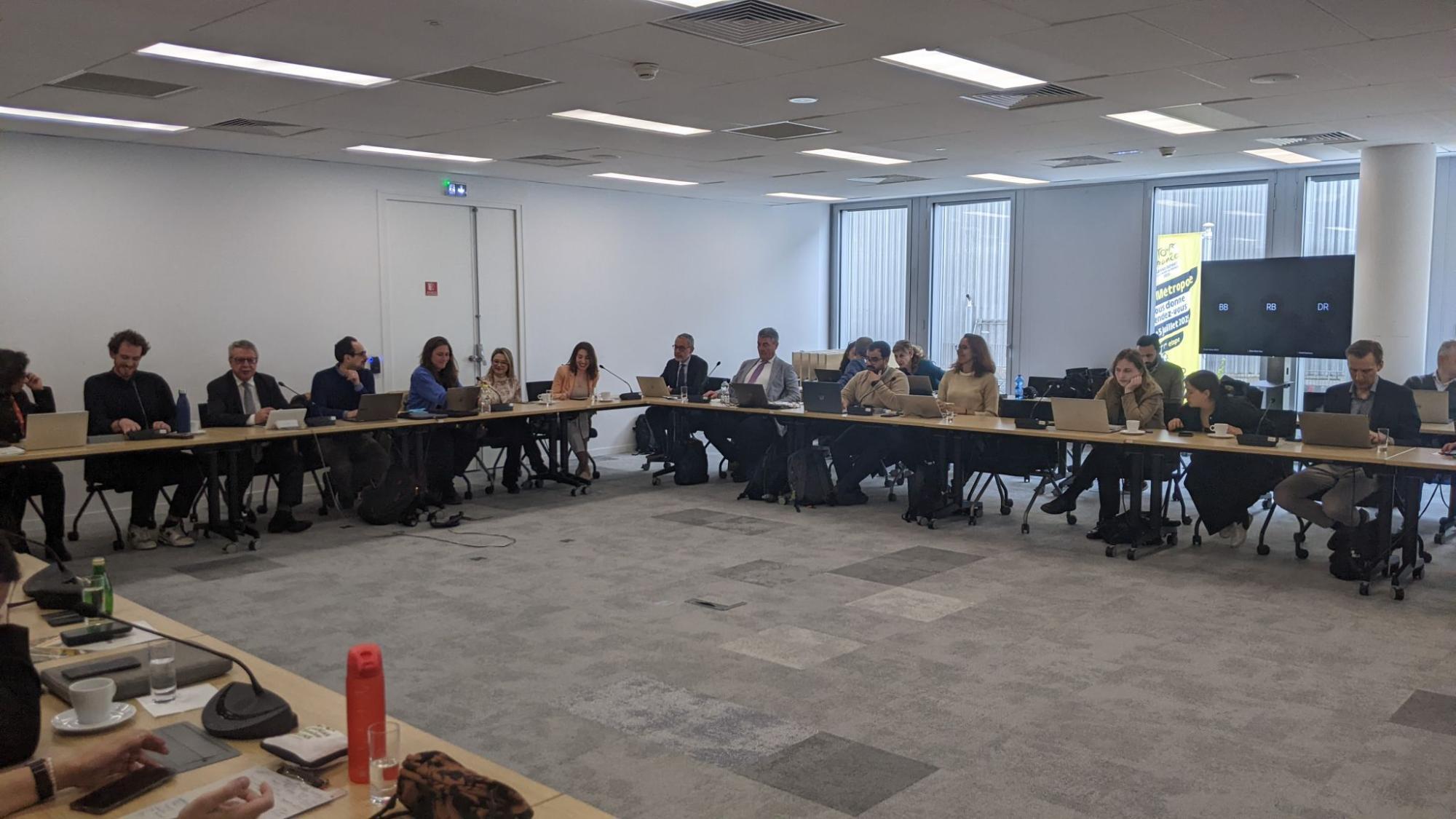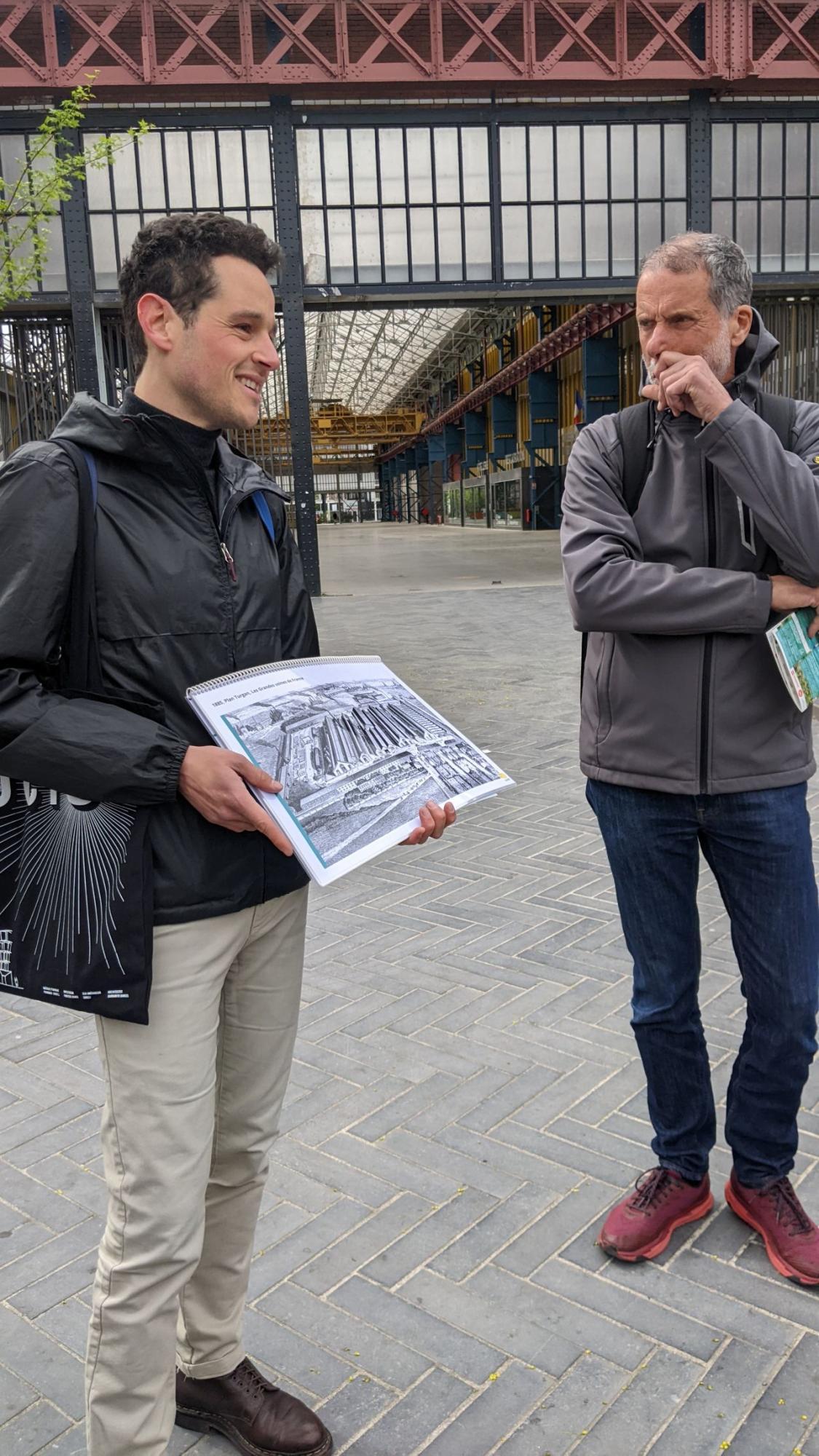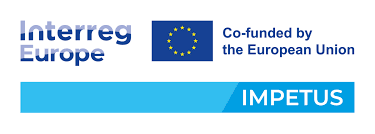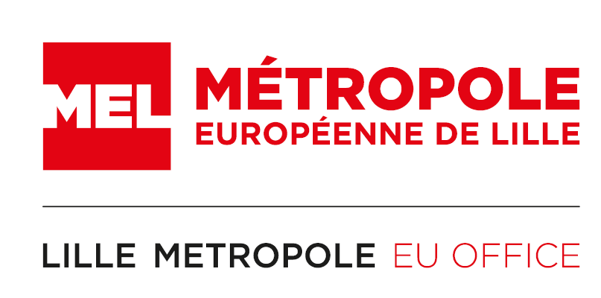
Across Europe, the trend towards temporary use of space is growing. Empty buildings, vacant land and underused spaces are increasingly being re-used for co-creative experiments, fostering cultural, social and entrepreneurial innovations. These initiatives often play a crucial role in creating shared public value and revitalising the social, cultural and economic dynamics of urban areas. They stimulate more flexible and agile approaches to urban development and ensure long-term impact, as demonstrated by their adoption in urban regeneration projects.
However, temporary use often comes up against significant obstacles. That's where IMPETUS comes in: a project to find common ground between all stakeholders, which implicates civil society and grassroots organisations, in order to provide solutions to identified issues.
What is the IMPETUS project ?
IMPETUS addresses the policy issues involved in activating temporary uses as a tool for sustainable and integrated urban development strategies. The project aims to improve the way cities and regions design sustainable development policies, taking into account the temporary uses of abandoned or underused spaces.
The IMPETUS project will run for 4 years (2023-2027) and involves exchanges of best practice and expertise between several local authorities, with the aim of improving public policies on transitional urban planning and urban regeneration.
Lille Metropole has embarked on an ambitious urban regeneration program, aimed at transforming a number of neighbourhoods with a high concentration of dysfunctional areas, redeveloping older neighbourhoods and vacant or built-up wasteland. The operational implementation of these projects, over a very long timescale (ten or fifteen years), in inhabited neighbourhoods, raises the question of the use of vacant spaces, in particular those that have become free as a result of project operations (demolition of buildings, development operations), pending their future use. The aim is to be able to take advantage of these spaces to create positive dynamics for improving the living environment and attractiveness of neighbourhoods, for the benefit of local residents.
Within Lille Metropole, co-construction workshops are underway with internal and external partners, to draw up a metropolitan intervention strategy for transitional management and to support partners in carrying out transitional urban planning projects.
What happened during the seminar ?
This year, the fourth thematic interregional seminar focused specifically on the theme of ‘Alternative financing models and mechanisms for temporary uses’. These temporary uses, which are recognised as a way of activating vacant or underused spaces for a limited period, whether for urban renewal, social cohesion, innovative uses or economic activity, are faced with issues of financial sustainability. The challenge is to be able to explore alternative financing models or those that need to be developed to improve their viability.
Each of the partners presented a good practice from their region.
Plateau Urbain: ‘Alternative financing models and mechanisms for temporary uses’ ;
Tuscany Region: ‘Transitional uses in the legislation of the Tuscany Region’;
Tuscany Region: ‘Financing temporary uses with the synergies of the Structural Funds’;
Municipality of Sochaczew: ‘The example of the budget of the citizens of the Municipality of Sochaczew’;
Mazovia Region: "Results of the survey conducted for our RSG entitled "Temporary use potential for Mazovia"
Association for Urban Transition, Bucharest-Ilfov Region: Living labs and innovation helixes - setting up collaborative mechanisms for adaptive uses
Las Palmas de Gran Canaria City Council: ‘Traditional markets in Las Palmas de Gran Canaria: a space for citizens’
Municipality of Riga: ‘Incentives supporting temporary use in Riga: discounts for organisations providing social benefits, slum tax, etc.’. Overview of best practices and main lessons learned",
Lille Metropole : "Governance for exemption from property tax on built properties"

Following these presentations of local good practices, a series of site visits were organised throughout Lille Metropole, providing insights into the professionalisation being applied to metropolitan urban renewal projects in the field of transitional urban planning and the potential for European partners to convert Lille Metropole’s industrial areas:
A tour of sites under transitional management by SEM Ville Renouvelée (Lille Metropole's land developer) ;
The « terrain rouge » in the Alma district of Roubaix ;
La Lainière and the temporary art project on a large industrial wasteland in Wattrelos ;
La Manufacture TISSEL in Roubaix, a factory redeveloped as an innovative area dedicated to the circular economy ;
Fives Cail in Lille, a 25 hectare area previously made up of factories, which is now being reconverted to an « eco-neighbourhood ».
This event was an opportunity for partners to learn more about each other’s local practices, to share knowledge, and to re-think temporary urbanism through a different lens.



